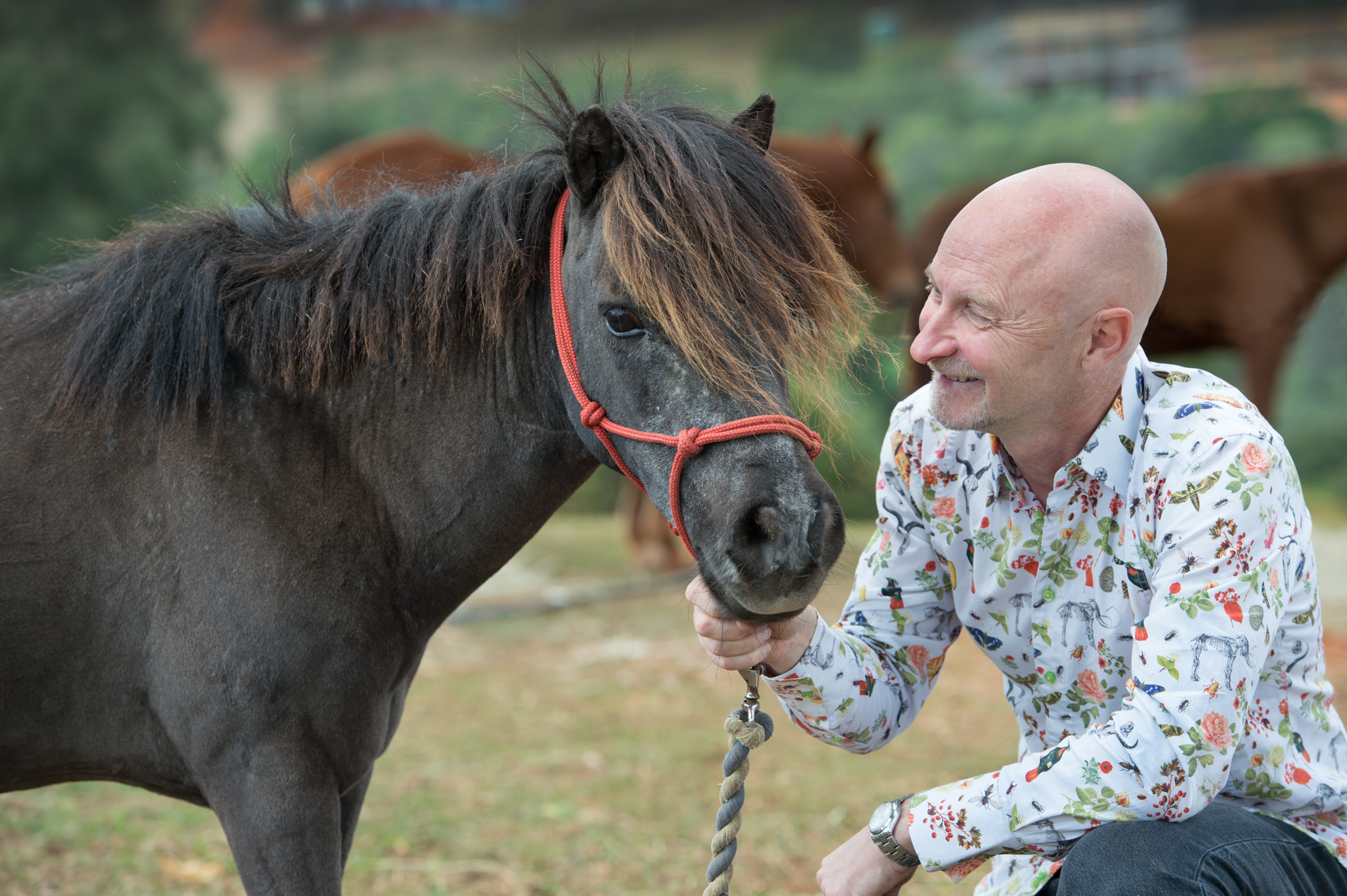
The most comprehensive urban air quality study undertaken in the southern hemisphere will be led by QUT researchers.
Professor Lidia Morawska, director of the International Laboratory for Air Quality and Health based at QUT, heads the $889,000 project to investigate the impact of urban ultrafine particles in Brisbane, Sydney, Melbourne, Adelaide, Perth and Auckland.
Intensive monitoring will be conducted with air-monitoring sensors placed on buses and drones collecting data from the air.
Professor Morawska (pictured above with chief investigator Professor Zoran Ristovski) said there was an “acute deficiency” of knowledge about the impact of ultrafine particles.
“They pose a health risk because they penetrate deeper into the lung than larger particles, translocate to the blood system and can cause a variety of diseases,” she said.
The study is one of three QUT-based research projects announced today (April 11) in the latest funding from the Australian Research Council’s Linkage Projects Scheme.
A $507,000 project to help improve achievement outcomes for students with language and attentional difficulties is being led by Faculty of Education’s Professor Linda Graham, Dr Jill Willis and Associate Professor Sonia White.
Professor Graham said complicated assessment tasks present barriers to the learning and achievement of students with disabilities.
“Understanding how to sustain and spread effective teaching practices throughout schools and systems, during a time of senior school assessment reform in Queensland will benefit teachers and school leaders,” she said.
The third project aims to develop a more accurate diagnostic test for equine Pituitary Pars Intermedia Dysfunction, a chronic and potentially life-threatening disease of older horses and ponies.

Chief investigators include Professor Martin Sillence (pictured above) and Dr Melody de Laat from QUT’s School of Earth, Environmental and Biological Sciences.
Professor Sillence said while the disease is common it is poorly understood.
“Although a treatment is available a new and accurate diagnostic test will benefit horse owners by ensuring horses requiring life-long treatment are properly identified,” Professor Sillence said.
As an added benefit, the project will also assist horse-racing laboratories to improve detection methods for peptide doping in younger competition horses.
MEDIA CONTACT: media@qut.edu.au or 07 3138 1150




